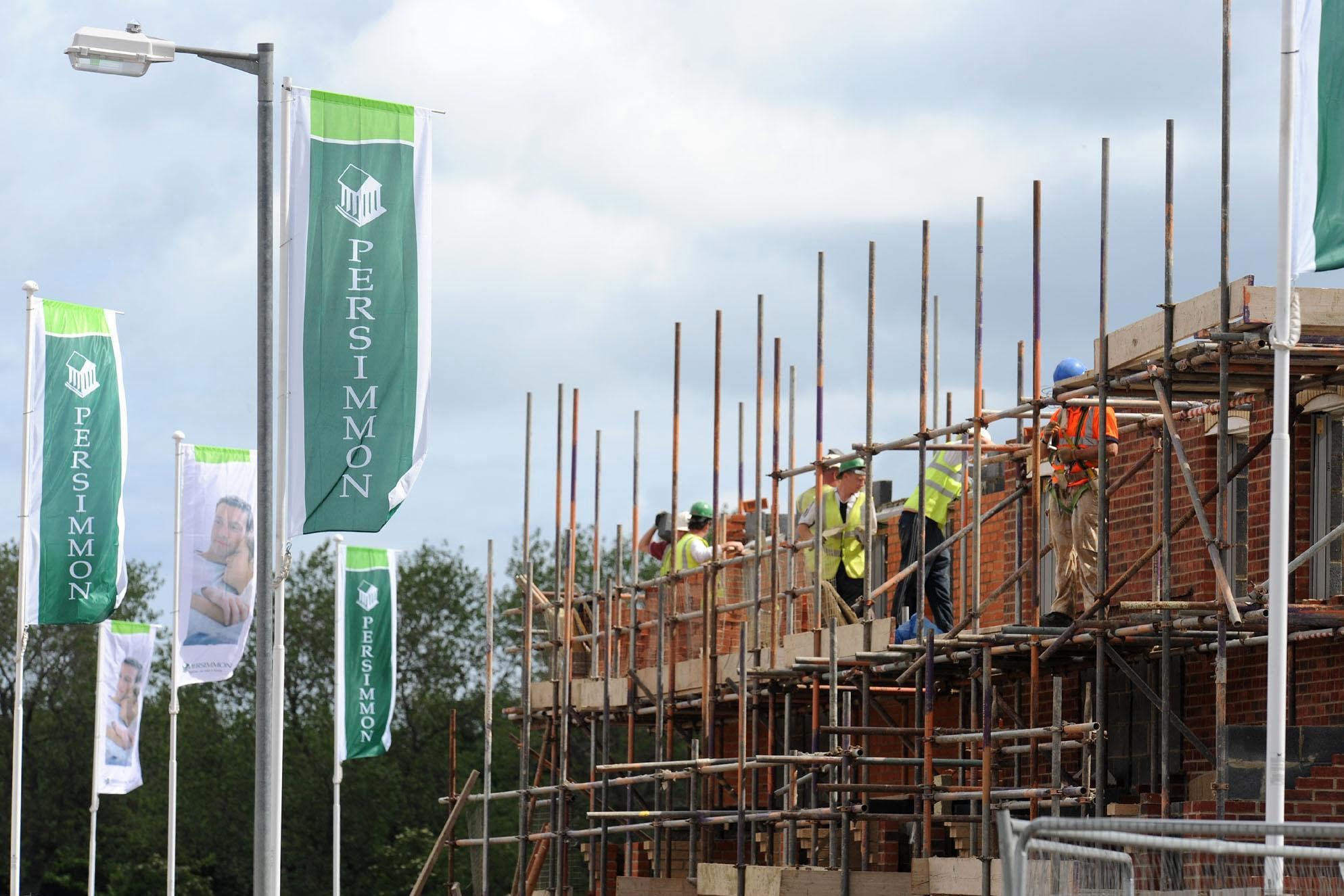What are the Tories going to do about the housing crisis?
Rishi Sunak has announced a number of measures to assist first-time buyers along with other cohorts who are keen to get onto the property ladder. Sean O’Grady takes a detailed look at the proposals contained in the new Conservative Party manifesto – and asks if they will be enough to attract younger voters


Politicians, and especially party leaders, tend not to like admitting mistakes, and still less failure. Yet, in his recent television interview, Rishi Sunak conceded that it has indeed become “harder” for people to own their first home under the Conservatives, stressing how difficult it can be to build up a deposit.
Now, in the party manifesto, he has revived the Help to Buy scheme and proposes to end stamp duty for most first-time buyers if he is elected. Housing and homelessness have, for obvious reasons, become important electoral issues, especially for younger voters, and all the parties have had to respond...
What will the Conservatives do?
As Sunak said at his manifesto launch: “From Macmillan to Thatcher to today, it is we Conservatives who are the party of the property-owning democracy in this country.” The track record in recent times hasn’t quite lived up to that inheritance, but, to use Sunak’s own expression, he has some bold ideas about changing things.
Most first-time buyers will be relieved of stamp duty, and there will be a new tax break for landlords who sell a house or a flat to its existing tenants – no capital gains tax payable for sales in the next two years. There is also a target to get the construction industry to build 1.6 million homes over the next parliament, meaning a potentially significant increase in the supply. This will be done by “speeding up planning on brownfield land in our inner cities and by scrapping EU laws”.
The more radical proposal is the revivified Help to Buy scheme. This will provide first-time buyers with an equity loan of up to 20 per cent towards the cost of a new-build home, with a promise that “first-time buyers will be able to get onto the housing ladder with a 5 per cent deposit on interest terms they can afford”. The manifesto specifies that the scheme “will be part-funded by contributions from house builders”.
The Tories will also continue to operate the mortgage guarantee scheme, which has already helped more than 40,000 households to buy, and they wish to encourage shared ownership, despite its complications during a decline in property values.
Will it work?
There are doubts. The stamp-duty cut and Help to Buy might merely stoke up house prices by adding to demand, which is hardly the intention. According to a study by the Institute for Fiscal Studies of the previous scheme (which was more financially generous): “In some parts of the country, the Help to Buy scheme did increase construction of new builds in the short term. But in areas where housebuilding is more difficult – like London – the subsidy instead pushed up prices with a limited effect on the number of new homes.
“While a policy that expanded credit but did not increase housing supply could still help to meet a goal of increasing homeownership for younger people, the overall desirability of such policies will depend on their wider effects too.”
What about renters?
The Tories promise to implement reforms to leasehold that they didn’t quite manage to complete in their last term of office; to end no-fault “Section 21” evictions; and to strengthen other provisions that enable landlords to evict private tenants guilty of antisocial behaviour. There are more vague plans to end rough sleeping.
What does Labour say?
Angela Rayner, true to form, was scathing: “Rishi Sunak’s confession that having a home of your own has got harder under the Tories is a damning indictment of 14 years of housing failure. Home ownership is a pipe dream for young people in Britain today.
“Never once in 14 years have the Tories met their 300,000 a year housing target, and their recent decision to appease the Tory MPs on their back benches and abolish mandatory housing targets has seen housebuilding take a nosedive.”
And what would Labour do?
Its manifesto will add detail on Thursday, but the party is much more permissive about gaining planning permission on the “grey belt” (defined as “neglected areas such as poor-quality wastelands and disused car parks that are in the green belt”). Their target is for 1.5 million new homes to be built within the first five years of a Labour government, “delivering the biggest boost to affordable housing in a generation, creating new towns, and ensuring first dibs for first-time buyers”.
Will this help the Tories turn their fortunes around?
It’s worth a go, but such is their deep and seemingly entrenched unpopularity among the younger generation of voters that it’s probably not going to be enough. Only about 16 per cent of 18- to 34-year-olds support the governing party, as opposed to the 56 per cent who support Labour. Which is fine for Keir Starmer... provided that he gets this considerable cohort of support onto the housing ladder in the next few years.






Join our commenting forum
Join thought-provoking conversations, follow other Independent readers and see their replies
Comments